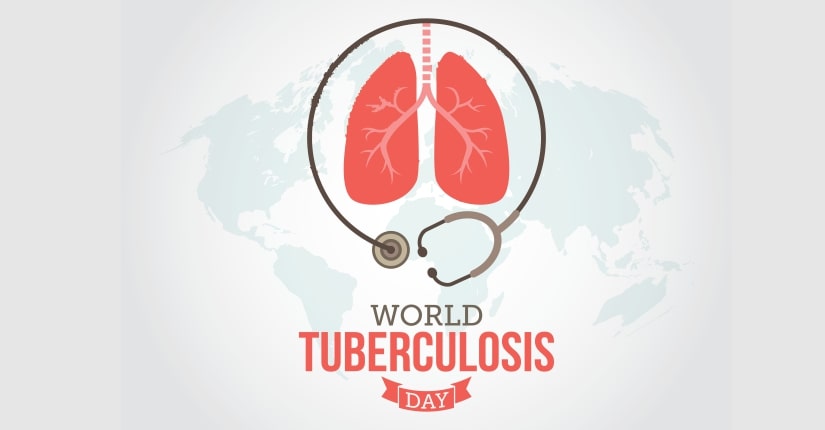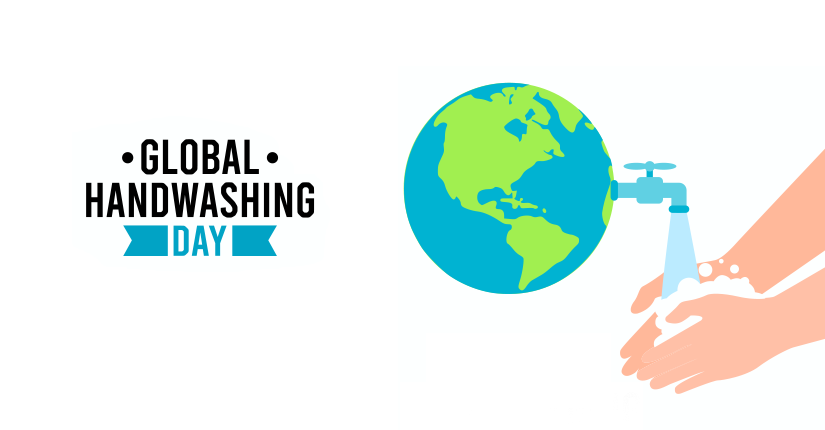Breastfeeding- Your Guide to Starting Out Right
By Nmami Agarwal 01-Aug 2020 Reading Time: 7 Mins

To say the first 24 hours after giving birth are crucial would be an understatement. It’s a moment full of overwhelming emotions, including love, joy, and even stress. If it’s your first baby, you might feel a little apprehensive but here are some tips to prepare for those first moments. Taking care of your new baby could be a big responsibility that might put you under pressure but worry not since we have compiled a set of guidelines for you.
One of the most common concerns for new moms is beginning breastfeeding – when to start and how to ensure you are providing your baby with enough milk. Those first hours with your new baby are phenomenal in setting up a positive breastfeeding experience, and the more you know ahead of time, the better prepared you will be.
Keep a few tips for breastfeeding a neonate in mind as you begin your journey:
- Start early
- Don’t stress about supply
- Breastfeed immediately and often
- Your experience might vary from other new moms
There’s no better time to start breastfeeding than the first time you’re able to hold your baby. Research says better breastfeeding outcomes when babies are held skin to skin on your chest immediately and for at least an hour after birth. Your baby will typically find your nipple and start suckling out of instinct when placed on your chest, but try not to get discouraged if your baby is struggling with latching – it may take a while and bit of practice and help before your little one gets it right. In case your baby is in the NICU or unable to breastfeed right after birth, it’s important to use a breast pump as soon as possible. Studies indicate that pumping within an hour after birth brings in larger milk volumes sooner than if pumping is started even a few hours later.
Even while you’re still pregnant, your body starts producing colostrum, a special type of breast milk – referred to as “first milk” or colostrum which is packed with healthy nutrients to support a strong immune system. This colostrum is the first step in beginning breastfeeding and will be ready for the baby as soon as they start nursing. It’s important to remember that newborns’ stomachs are incredibly tiny. Studies show that babies only consume around a teaspoon per feeding in the first 24 hours after birth, so don’t be discouraged about not producing large volumes of milk on your first day. As you continue to breastfeed and your baby grows, the breastmilk will change and it will increase to meet your baby’s evolving needs.
Breast milk is produced if you breastfeed frequently, frequent nursing and/or pumping in the first few days after birth is one of the most essential breastfeeding newborn tips. This tells the breasts and the brain that baby is hungry and bigger volumes of milk need to be produced. Most experts recommend feeding at least 8 to 10 times per day in the first week after birth to set the stage for a plentiful milk supply later. Watch for hunger cues, and don’t be concerned if baby feeds more than 8 to 10 times a day – focus on your newborn’s health and weight gain to gauge their wellbeing, and ask your doctor, nursing team, or Lactation Consultant if you have any questions or concerns.
It’s human nature to view our experiences and compare them to those around us have done. Every woman’s body is different, and every breastfeeding journey is different. The experiences of your friends or family, or even your past breastfeeding experiences, may not reflect what’s right for you now, and comparing those to your current journey opens yourself up to unnecessary stress and takes you out of the moment you’re in – the incredible adventure of welcoming a new family member to the world. Keep in mind, too, that occasionally a mother may have factors during pregnancy or birth, like diabetes, delivering via C-section, or certain medications, that can cause different women to have different milk volumes.
Over to you
While breastfeeding is completely natural, it does not always come naturally. Our advice to any new mom who hopes to breastfeed is to follow the tips above and be patient, and give yourself and your baby time to practice and learn together to figure out what works best for you. Lastly, don’t be afraid to ask for help! Consult your doctor, nurses, or a Lactation Consultant to teach the right way and support you where you feel less confident. You and your baby will soon be adjusting to life together.





















